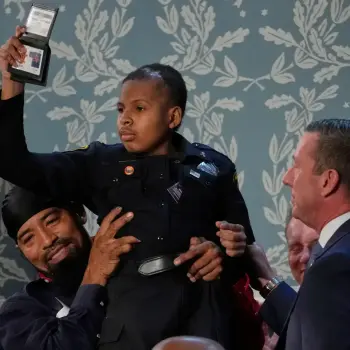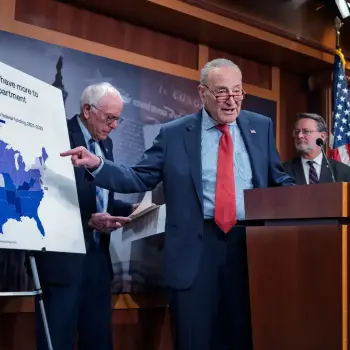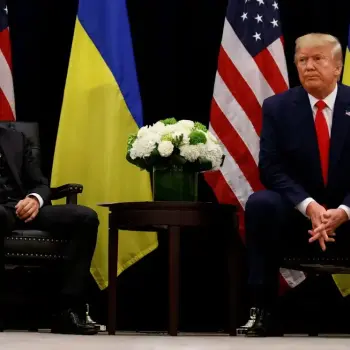I watched the 2000 presidential election returns from a hotel room in Havana, Cuba.
It was one of the most surreal experiences of my adult life. When I went to bed that night, Al Gore was president. When I woke up, George W. Bush was president. Later that day, we learned that neither was president. My missionary team and I continued our work that week while “hanging chads” and political rancor dominated the news back home.
The Cubans with whom we worked had little idea that such controversy was happening in America, since most of them had no access to news except through state-run TV. Fidel Castro, however, was watching the story unfold and even offered to send election monitors to Florida. Since Cuba is a one-party political system, its elections are far more predictable.
Those memories returned in recent days as I watched the Democratic and Republican National Conventions. Both nominated the candidates they were expected to nominate for president and vice-president. Both were unprecedented virtual experiences. Both have been applauded by their partisan supporters and panned by their partisan critics.
In all the coverage of all the hours of political speeches and commentaries, here’s a sentiment I haven’t seen expressed: Americans should be grateful for our political conventions.
Here’s why: we could be Cuba. Or China. Or North Korea.
Here’s a foundational reason we’re not: Genesis 1:27.
Our nation’s founding creed declares, “We hold these truths to be self-evident, that all men are created equal.” These are not the words of a communist dictatorship in which the people serve the needs of the state. Or the words of a monarchy in which the subjects serve the needs of the king.
They are the words that inspired a democratic experiment in which leaders are elected by citizens to whom they are accountable. They birthed a movement that has extended around much of the globe and liberated billions of people from government oppression and repression.
But these words were only “self-evident” to Thomas Jefferson and his fellow Declaration signers because they lived in a culture molded by these words: “God created man in his own image.”
A year before his death, Jefferson explained the goal of his Declaration: “Not to find out new principles, or new arguments, never before thought of, not merely to say things which had never been said before; but to place before mankind the common sense of the subject, in terms so plain and firm as to command their assent, and to justify ourselves in the independent stand we are compelled to take.”
What had been “said before” was that, as Peter declared in response to God’s saving work among the Gentiles, “God shows no partiality” (Acts 10:34). And that, as Paul testified, “There is neither Jew nor Greek, there is neither slave nor free, there is no male and female, for you are all one in Christ Jesus” (Galatians 3:28).
Both statements are expressions of this fact revealed on the first page of the first book of the Bible: we are all equal because we are all created in the same image of the same God.
This knowledge formed the Judeo-Christian worldview foundational to our nation’s democracy. Whether our founders were themselves professing Christians or not, all lived and worked within a cultural context founded on Genesis 1:27.
That’s why, in the Massachusetts Constitution of 1780, John Adams could write words virtually identical to those of Jefferson: “All men are born free and equal and have certain natural, essential and unalienable rights.” It’s why we have been conducting democratic elections from his day to ours.
And it’s why I’m grateful for the political conventions just past.
Now it’s our turn to continue building a culture based on Genesis 1:27. This means that we owe every person we know the opportunity to know our Savior (Acts 1:8). We owe them the compassionate service we have experienced from our Lord (Matthew 20:26–28). And we owe them our best engagement and investment in the culture we share (Jeremiah 29:4–7; Matthew 5:13–16).
The story is often told that Benjamin Franklin, upon exiting the Constitutional Convention, was asked by a group of citizens what sort of government the delegates had created. His answer was, “A republic, if you can keep it.”
He would say the same to us today.
Jim Denison, PhD, is the founder of Denison Forum with a reach of 1.8 million. He also serves as Resident Scholar for Ethics with Baylor Scott & White Health.










